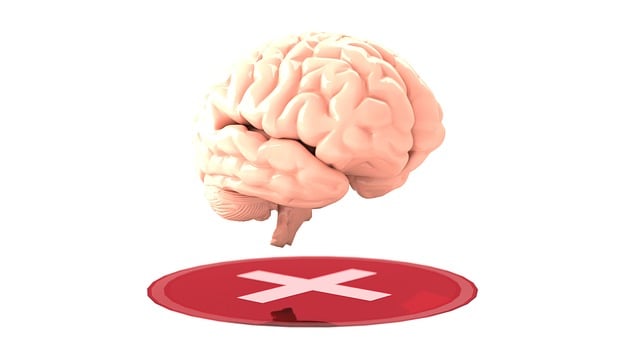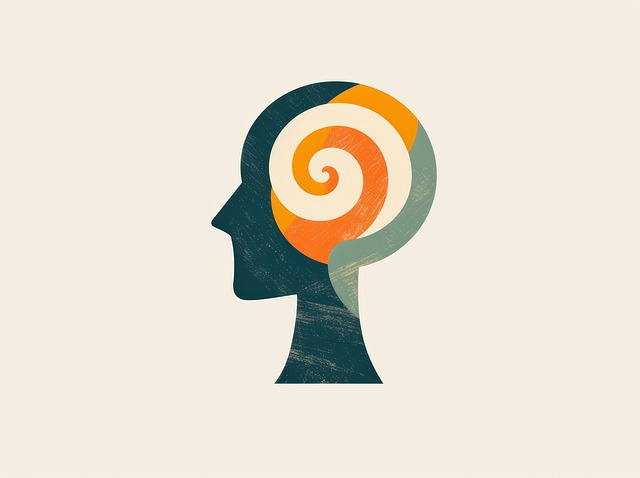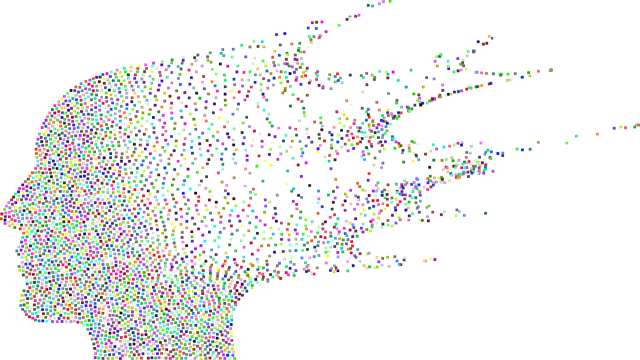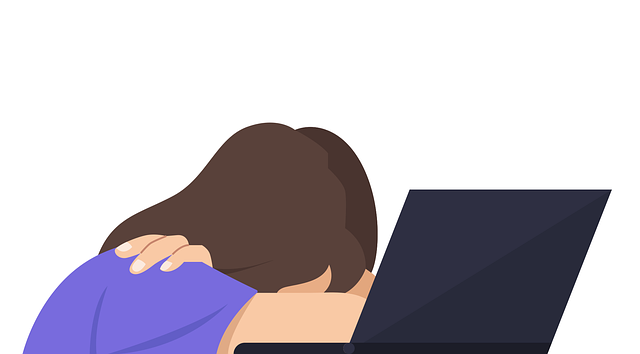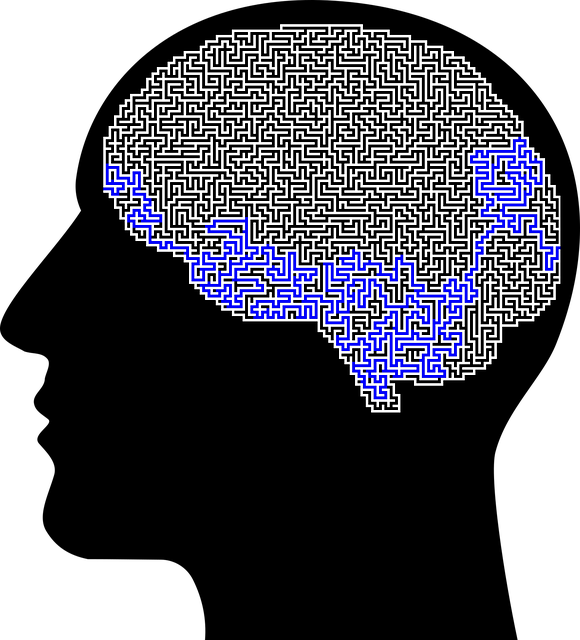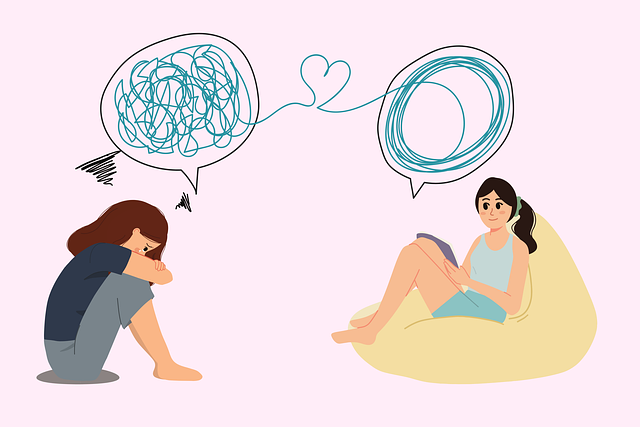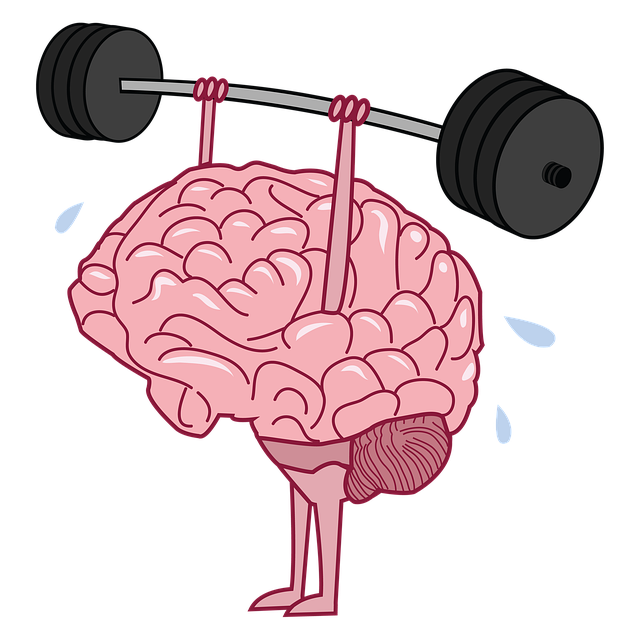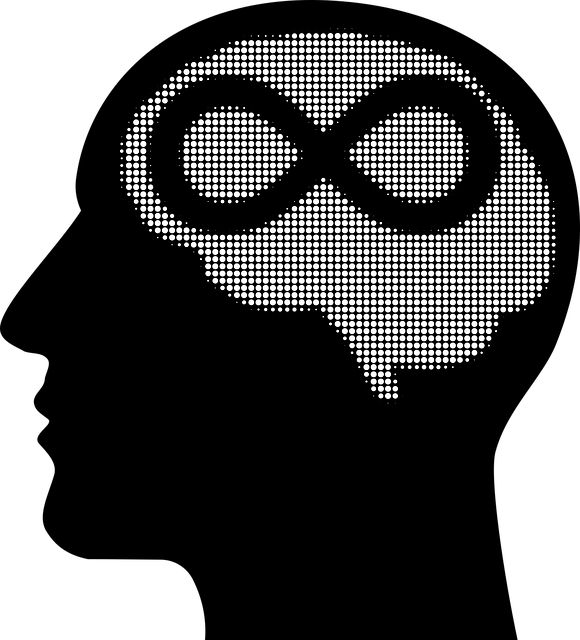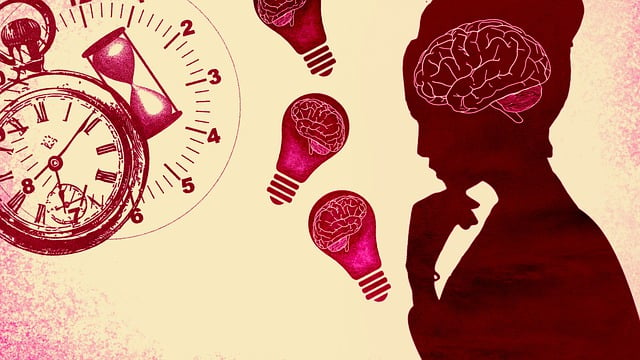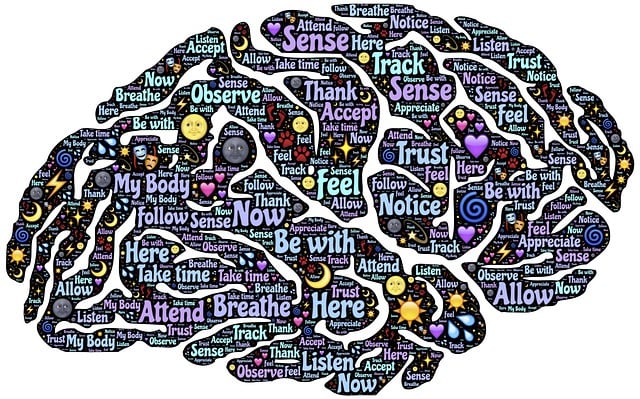Resilience, a key aspect of mental well-being, is cultivated through RFM (Resourceful Facilitation Model), an innovative therapy model integrating diverse therapeutic techniques. This approach, designed by EMDR-certified therapists, equips individuals with adaptive coping strategies and accelerates emotional healing by fostering internal resources like self-compassion and external resource utilization. By combining science-backed methods such as EMDR eye movements with mindfulness practices and regular physical activity, RFM empowers adults to process traumatic memories, regulate emotions, and develop positive coping strategies. Incorporating RFM into daily routines, alongside therapy sessions with EMDR certified professionals, can significantly enhance mental well-being, improve self-esteem, and enable individuals to effectively manage life's challenges.
Resilience is key to navigating life’s challenges. This article explores a powerful tool, RFM (Resourceful Facilitation Method), and its role in building mental fortitude. We delve into the science behind EMDR (Eye Movement Desensitization and Reprocessing) therapy, proven effective for adults, as a method to process traumatic memories. You’ll discover practical exercises to enhance resilience and learn how to integrate RFM into your self-care routine, empowering you with the skills to overcome adversity and thrive. For those seeking certified EMDR support, this guide offers valuable insights.
- Understanding RFM and Its Role in Resilience Building
- The Science Behind EMDR Therapy for Adults
- Practical Exercises to Enhance Resilience
- Integrating RFM into Your Self-Care Routine
Understanding RFM and Its Role in Resilience Building

Resilience is a crucial aspect of mental well-being, enabling individuals to navigate life’s challenges and traumas effectively. This is where RFM (Resourceful Facilitation Model) comes into play, offering a structured approach to resilience building through therapy for adults. Developed by EMDR Certified therapists, RFM combines principles from various therapeutic modalities, focusing on empowering individuals to develop adaptive coping strategies and enhance their emotional healing processes.
The model’s primary goal is to help clients cultivate internal resources, such as self-compassion and positive beliefs about the future, while also learning effective external resource utilization. This involves exploring Mind Over Matter principles, where individuals are encouraged to reframe negative thoughts and emotions, fostering a more resilient mindset. By integrating these strategies into daily life, RFM facilitates a transformative process, allowing clients to address underlying mental health issues and advocate for their well-being in alignment with the broader Mental Health Policy Analysis and Advocacy efforts.
The Science Behind EMDR Therapy for Adults

The science behind EMDR (Eye Movement Desensitization and Reprocessing) therapy for adults has been a game-changer in the field of mental health. This innovative approach, developed to help individuals process traumatic memories, is now widely recognized as an effective method for resolving past experiences that continue to impact an individual’s present.
EMDR therapy facilitates a profound shift by tapping into the brain’s natural healing mechanisms. Through specific bilateral stimulation techniques, such as side-to-side eye movements or tactile taps, patients focus on traumatic memories while simultaneously engaging in self-care practices like mindfulness meditation and cultivating emotional intelligence. This process allows for the reprocessing of these distressing memories, reducing their intensity and the associated negative beliefs. By integrating this therapy with established self-care practices, individuals can enhance their resilience, leading to improved mental well-being and a greater sense of control over their lives.
Practical Exercises to Enhance Resilience

Building resilience is a crucial aspect of mental well-being, and there are practical exercises that can help individuals navigate life’s challenges. For adults seeking therapy, EMDR (Eye Movement Desensitization and Reprocessing) certified practitioners offer effective tools to enhance resilience. This therapeutic approach helps clients process traumatic memories and negative beliefs while promoting positive coping strategies. By combining targeted interventions with self-care practices, individuals can develop a stronger psychological foundation.
One such exercise involves mindfulness meditation, which encourages individuals to stay present and observe their thoughts without judgment. This practice improves emotional regulation and fosters a sense of calm in stressful situations. Additionally, engaging in regular physical activity releases endorphins, boosts mood, and strengthens the mind-body connection, all vital components for building mental resilience. Incorporating these techniques into daily routines can empower individuals to face challenges head-on and cultivate a more resilient mindset with the support of professional therapy for adults EMDR certified specialists and self-care initiatives within organizations offering Stress Management Workshops.
Integrating RFM into Your Self-Care Routine

Integrating RFM (Resilience, Flexibility, and Mastery) into your self-care routine can be a powerful tool for enhancing mental well-being, especially for adults seeking therapy and EMDR certified practitioners. This approach focuses on building resilience by fostering adaptability to life’s challenges and empowering individuals to take control of their emotional responses. By incorporating RFM practices, you can create a personalized self-care regimen that supports both therapy outcomes and overall mental health.
For those in therapy or exploring trauma support services, RFM techniques offer valuable strategies for self-esteem improvement and risk management planning for mental health professionals. It encourages individuals to view setbacks as opportunities for growth rather than triggers for distress, thereby promoting a more positive and resourceful mindset. Regular engagement with RFM exercises can contribute to long-term mental resilience, making it an invaluable component of any self-care regimen, particularly when combined with therapy sessions by EMDR certified therapists.
Resilience is a valuable asset in navigating life’s challenges, and integrating RFM (Resourceful Living Model) with evidence-based therapies like EMDR can significantly enhance our ability to bounce back. By combining the understanding of RFM with the science-backed approach of EMDR therapy for adults, certified practitioners can empower individuals to develop greater resilience. Practical exercises focused on self-care and emotional regulation play a crucial role in building a robust mental toolkit. Incorporating these strategies into daily routines allows us to embrace change, foster growth, and lead more fulfilling lives.
